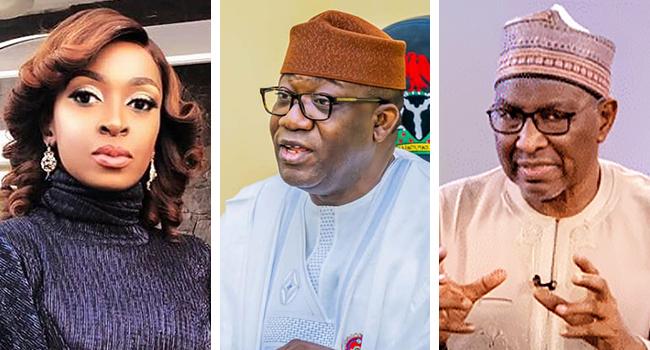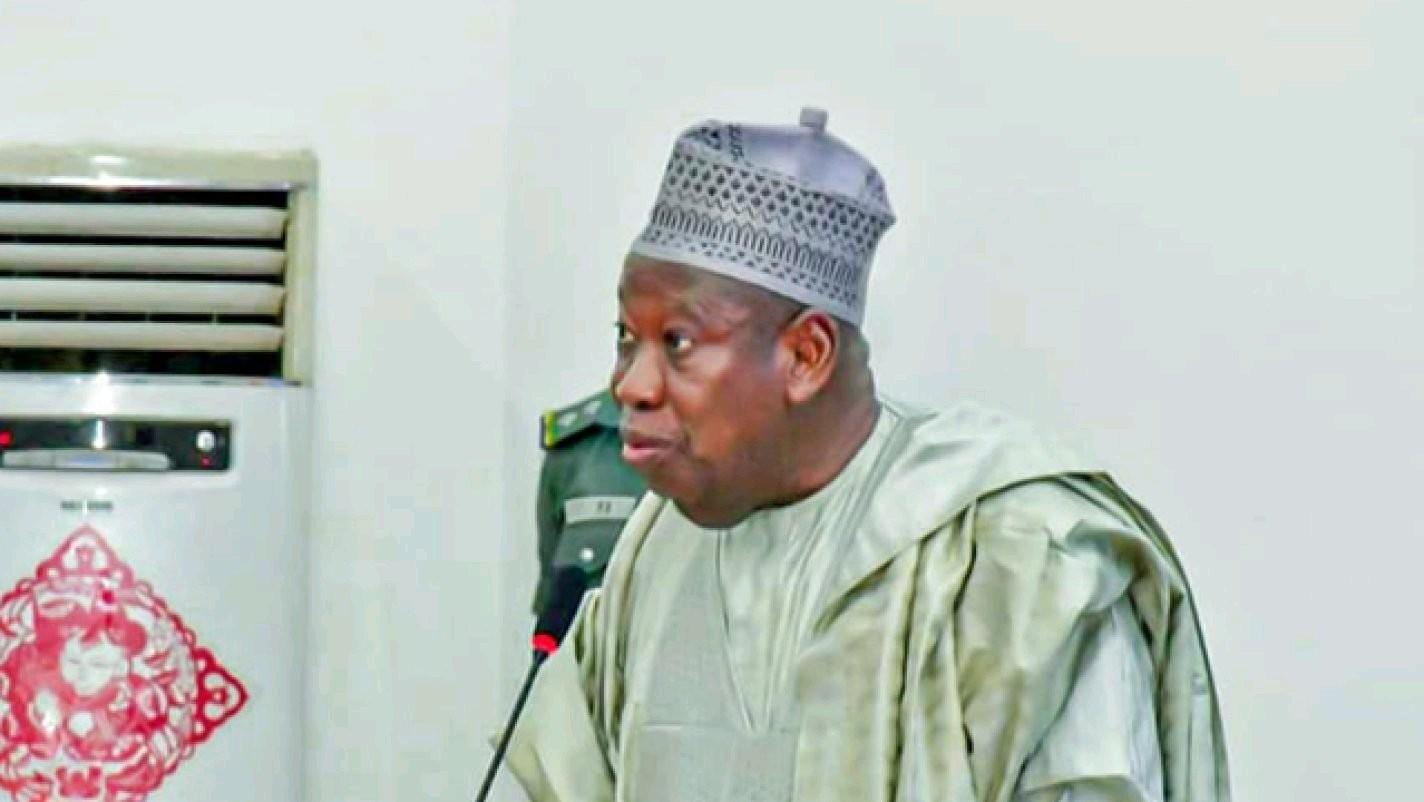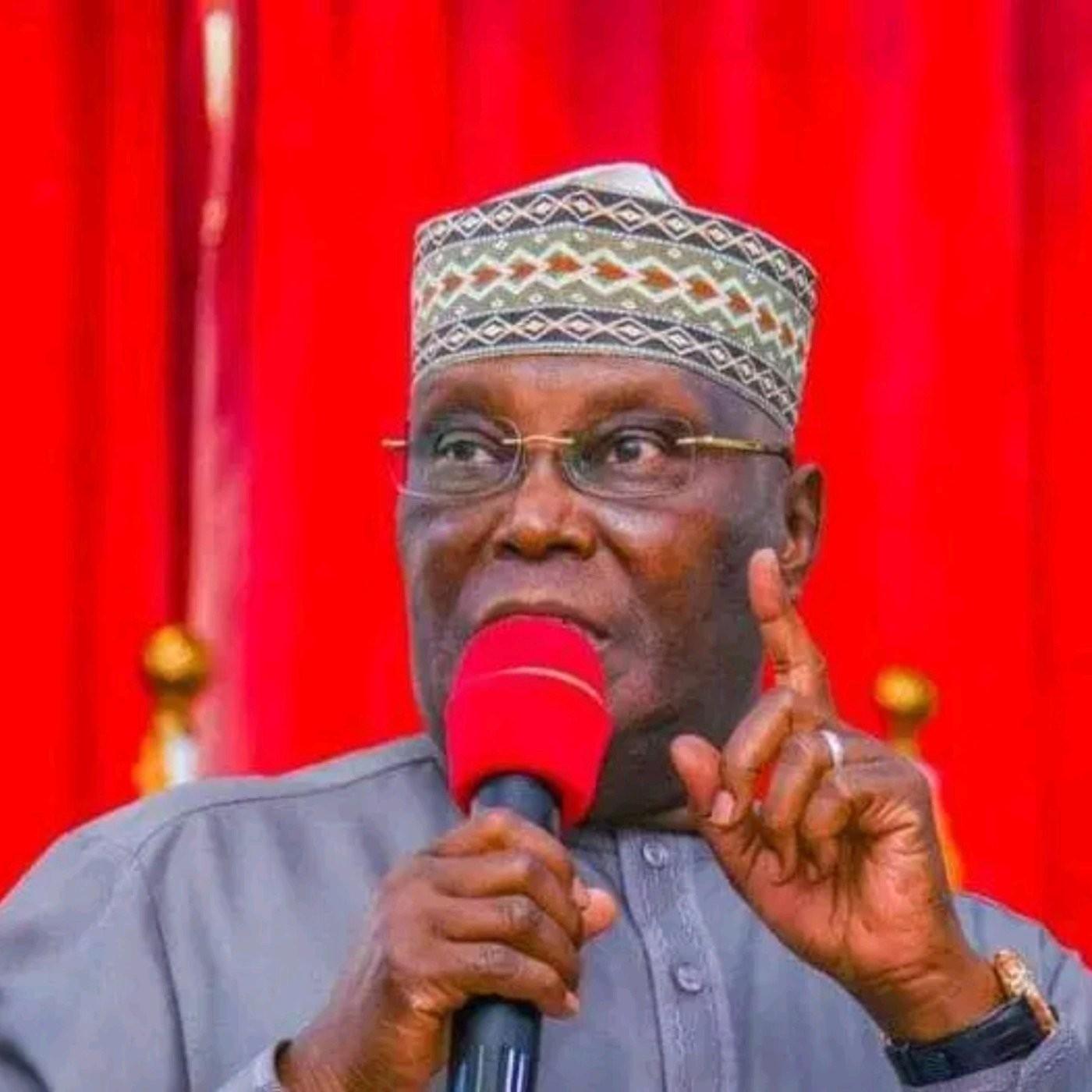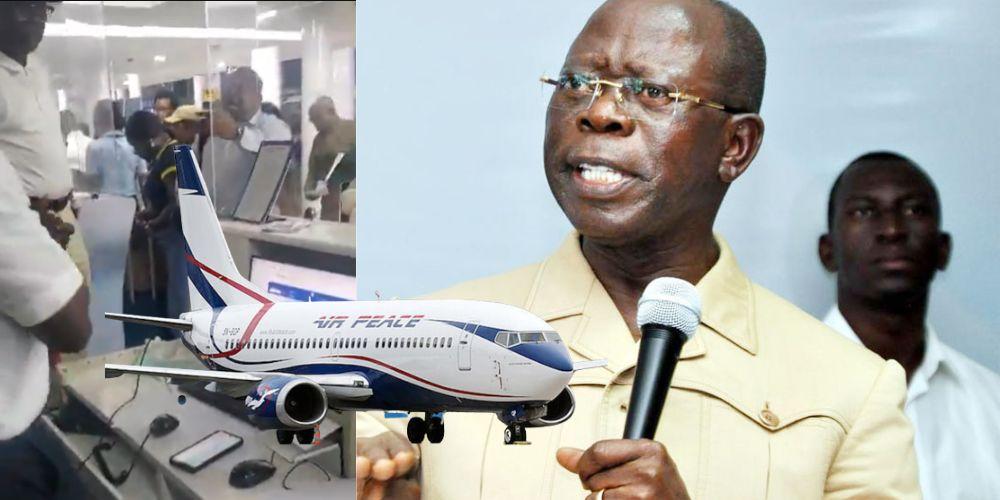Fayemi, Bugaje, Henshaw, Others Call for People-Centred Democracy at June 12 Forum

At a special Channels Television forum held to mark 26 years of uninterrupted democratic rule in Nigeria, prominent figures across sectors called for a deeper, people-focused democratic system beyond regular elections.
Speaking at the forum titled “Nigeria’s Democratic Journey: An Inter-Generational Conversation on Building a Better Nation,” were former Ekiti State Governor Kayode Fayemi, political activist Usman Bugaje, social entrepreneur Toyosi Akerele-Ogunsiji, actor Kate Henshaw, Rep. Bello El-Rufai, and Jamiu Abiola, son of democracy icon MKO Abiola.
Fayemi, who played a key role in the pro-democracy struggle via Radio Kudirat in the 1990s, argued that Nigeria currently operates under a “semi-democracy,” not full democratic governance.
“We regained the right to vote in 1999, but we’re yet to secure real democracy,” Fayemi said. “Elections alone don’t equal democracy. The challenge now is to deepen democratic practices and deliver real governance.”
He added that the existing political structure cannot produce good governance unless there's a shift toward a people-centered approach.
Bugaje echoed Fayemi's concerns, stressing that democracy must translate into tangible improvements in citizens’ lives.
“We’ve heard enough speeches. What we want now is action — policies that impact the common people,” he said, lamenting that the current political economy continues to impoverish Nigerians.
Despite his criticisms, Bugaje reaffirmed his belief in democracy but urged leaders to lead with conviction and integrity.
Veteran actress Kate Henshaw also criticised the lack of impact democratic rule has had on everyday Nigerians.
“Everything around us is crumbling. There’s no security, no social welfare, and leaders aren’t held accountable,” she said.
Rep. Bello El-Rufai argued that while Nigeria is nominally democratic, systemic issues persist.
“It’s not democracy that’s failing — it’s the system. We can’t blame one party entirely. Not all leaders are the same, and young people must avoid viewing politics in black and white.”
Jamiu Abiola reflected on what could have been if his father had assumed office following the 1993 election.
“That era was an economic boom globally. Nigeria could have benefited greatly if my father had been president. Instead, we got a kleptocratic regime,” he said, referring to the military leadership that followed.
The forum served as both a reflection and a renewed call for democratic reforms, centered on accountability, effective governance, and the welfare of the Nigerian people.









